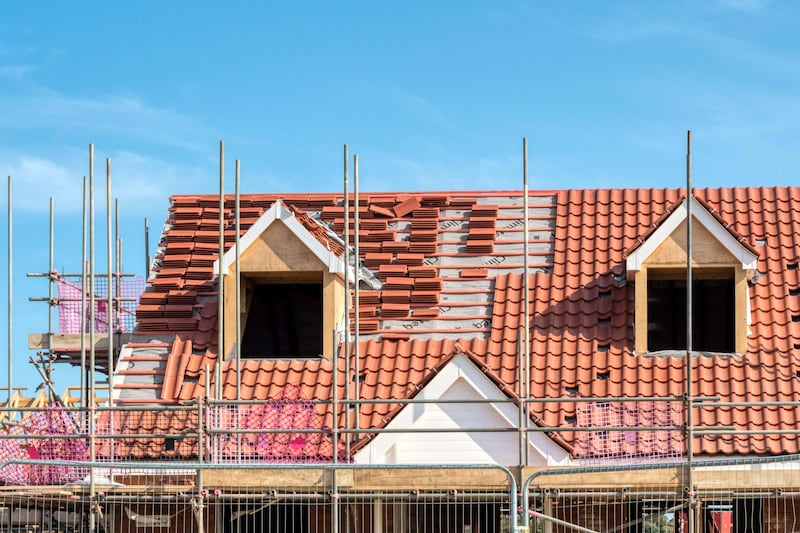A NEW study suggests our homes play a significant part in our day-to-day wellbeing. The GoodHome Report, carried out by the Happiness Research Institute in partnership with Kingfisher and B&Q, found that home-related emotions ranked above health, fitness and income in people's overall happiness ratings.
"Frankly, I'm surprised we haven't looked at this before," says Meik Wiking, CEO of the Happiness Research Institute and author of The Little Book Of Hygge, "given that homes are where we spend more time than anywhere else."
Wiking says it's the largest, most comprehensive study of its kind.
"The study spanned 10 different countries and 13,500 people and it showed a lot of common denominators. We looked at in-home factors like favourite rooms, inviting people over, emotional responses and so on, but also broader factors like age, gender, income and home ownership," he says.
Home-related emotions accounted for roughly 15 per cent of overall happiness, more than health and fitness, and income.
"When you think about how many different factors impact our overall happiness, be it employment, money, relationships genetics, I think 15 per cent is surprisingly high," says Wiking.
The UK scored fourth out 10 for home satisfaction, behind only the Netherlands, Germany and Denmark.
The report highlights five major emotional factors that play into creating a happy home. The first is 'pride' – having a home which you're happy to call your own, and might actively enjoy showing to other people.
"Pride is the end goal," says Wiking. "It's what you want people to feel once they've finished creating the home of their dreams."
Secondly, there's 'comfort', having a home in which you feel able to relax and decompress. "In these turbulent times, we like to have a place to let our guard down, and feel energised to take on the world once more," says Wiking.
Third is 'control' – a sense of self-determination over your living arrangements – and fourth is the hopefully self-evident 'safety'. The fifth and final aspect is 'identity' – living in surroundings that you feel reflect you as a person and reflect your story.
These qualities cropped up time and again, but perhaps more surprising are the ones that didn't. First on the myth-busting block: That size matters. "Big homes don't equal big happiness," says Wiking. "It's a common misconception but it doesn't matter how big your house is on paper. It's more how your home feels."
Perhaps surprisingly, renters were as satisfied as owners. "A lot of people think you need to own your home in order to be happy," says Wiking, "and that's just not the case. So long as you have a landlord that allows you to do some of the things you want to do."
In other words, it's what you do with your home to make it your own that makes the difference.
So, what can you do? Well, first of all you can wait. "We become happier with our homes as we age," says Wiking, "particularly at 50 or above. At that time, people tend to be more settled in, more competent, and more aware of their own priorities."
But there are ways of achieving more immediate results. "Green is always good," says Wiking, "whether it's balconies, gardens or pot plants in your living room, greenery has a positive impact. Social homes tend to be happier homes – invite people over and make your home a hub."
In the end, though, the happiest homes are those that have been personalised and householders who had pursued home improvements were markedly happier with the results.
"The overall conclusion is to make time for change, and build up the courage to do something with your home, whatever that may be," says Wiking. "Prioritising your home – that's the best thing people can do."








